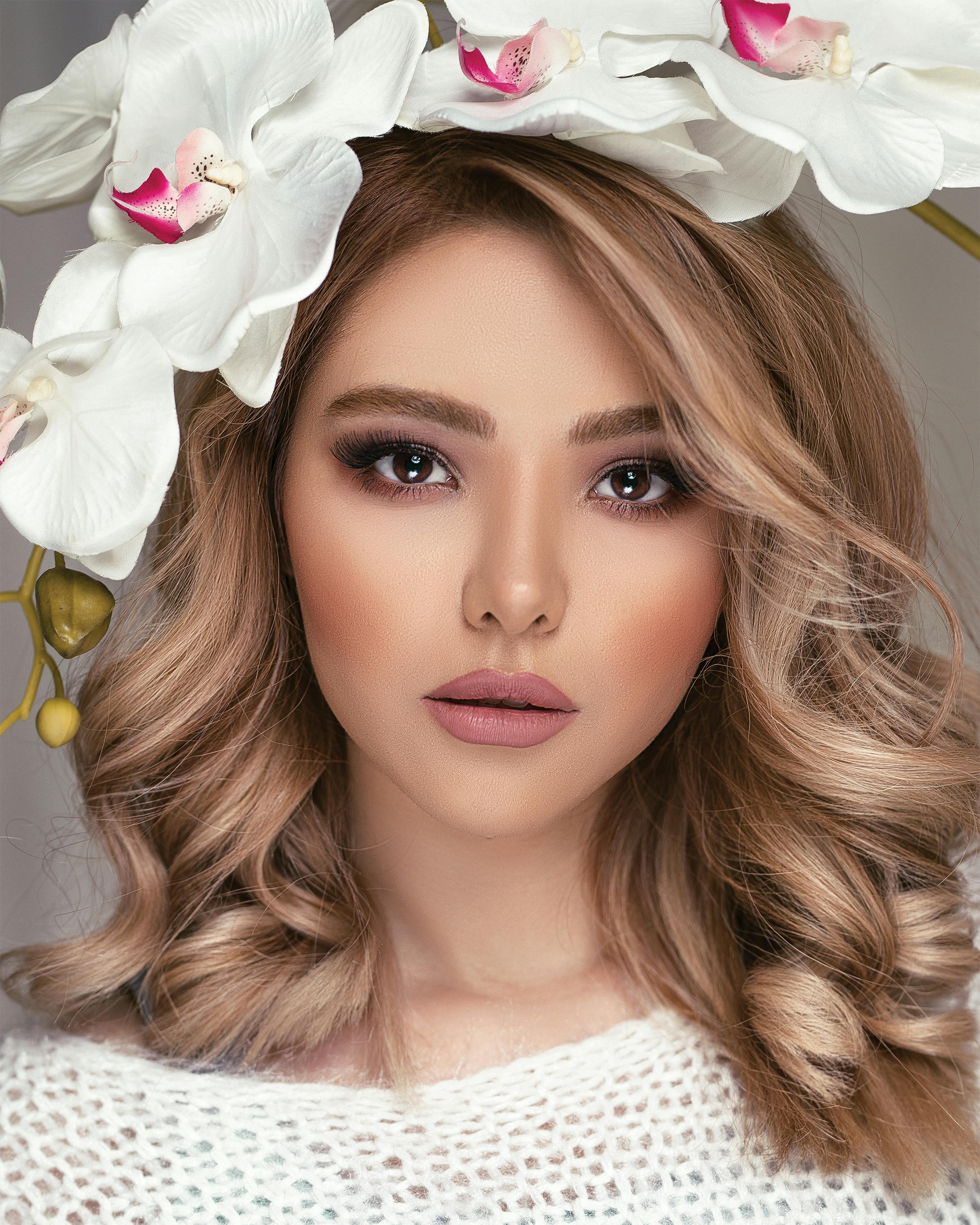When considering permanent makeup, understanding the importance of a permanent makeup waiver form is crucial. These forms serve as a vital document that outlines the client’s consent to undergo cosmetic procedures and acknowledges the associated risks. It’s not merely a formality; it’s a protective measure for both the client and the artist.
The waiver form typically includes:
- Client Information: Personal details such as name, contact information, and emergency contacts.
- Procedure Details: A clear description of the specific treatments being performed, such as eyebrow microshading or scalp micropigmentation.
- Informed Consent: A section where clients acknowledge understanding the procedure, its benefits, and potential risks.
- Medical History: An area for clients to disclose any health conditions or medications that may affect the treatment.
- Signature: The client’s signature to confirm that they have read, understood, and agreed to the terms outlined in the form.
By filling out a permanent makeup waiver form, clients can ensure they are making informed decisions about their cosmetic procedures. This form not only protects the artist legally but also promotes a transparent relationship between the artist and the client.
Call Us Today To Learn More! (404)229-7372
Importance of Permanent Makeup Waiver Forms

The significance of permanent makeup waiver forms cannot be overstated. These documents play a crucial role in ensuring both safety and clarity for clients seeking cosmetic procedures. Here are some key reasons why these forms are essential:
- Legal Protection: A properly signed waiver can protect the artist from potential legal issues. In the event of complications or dissatisfaction with the results, having a waiver ensures that the client acknowledges the inherent risks associated with cosmetic procedures.
- Informed Consent: The form ensures that clients are fully aware of the nature of the procedures they are undergoing. This includes understanding any potential side effects or complications, which empowers clients to make educated decisions about their cosmetic choices.
- Health and Safety: By collecting medical history and current health conditions, the waiver helps identify any contraindications that may pose risks during the procedure. This precaution is vital for the safety of the client.
- Clear Communication: The waiver serves as a platform for clear communication between the artist and the client. It outlines what the client can expect, thus setting realistic expectations and minimizing misunderstandings.
- Record Keeping: Waiver forms are important for record-keeping purposes. They provide a documented history of the client’s consent, procedures performed, and any special instructions needed for their care.
In summary, permanent makeup waiver forms are an indispensable part of the cosmetic tattooing process. They not only protect the artist legally but also prioritize the client’s safety and informed decision-making.
Key Elements to Include in Waiver Forms
Creating a comprehensive permanent makeup waiver form involves including several key elements that ensure clarity and protection for both the client and the artist. Here are the essential components that should be incorporated:
- Client Information: Start with basic details about the client, including their full name, contact information, and date of birth. This information helps to personalize the document and verify the identity of the individual receiving the procedure.
- Medical History: Include a section for clients to disclose their medical history, including any allergies, medications, or previous cosmetic procedures. This information is vital for assessing suitability and potential risks associated with the procedure.
- Procedure Details: Clearly outline the specific procedure(s) being performed, including the techniques used and the areas being treated. This transparency helps clients understand what to expect during the session.
- Risks and Side Effects: Provide a detailed list of potential risks and side effects associated with the procedure. Clients should acknowledge that they understand these risks before proceeding.
- Informed Consent: Include a section for clients to affirm that they have read and understood the waiver and that they consent to the procedure. This is a crucial legal component that protects both parties.
- Aftercare Instructions: Offer a brief overview of the aftercare necessary for optimal healing and results. This section helps prepare clients for post-procedure care.
- Signature and Date: Finally, ensure that there is a place for the client’s signature and the date of signing. This element confirms their agreement and understanding of the waiver.
Incorporating these key elements into a permanent makeup waiver form not only enhances its effectiveness but also promotes trust and transparency between the client and the artist.
How to Create a Permanent Makeup Waiver Form

Creating a permanent makeup waiver form is a crucial step in the process of ensuring a safe and informed experience for both clients and artists. Here’s a step-by-step guide to help you develop an effective waiver:
- Research Legal Requirements: Start by investigating the legal requirements in your area regarding cosmetic procedures. Understanding local regulations will help you draft a compliant waiver.
- Consult Professionals: It may be beneficial to consult with a legal professional who specializes in cosmetic procedures. They can provide insights into necessary clauses and ensure your waiver covers all essential aspects.
- Draft the Form: Begin drafting the waiver using a clear and professional tone. Use straightforward language to ensure clients can easily understand the contents. Aim for a layout that is easy to read, using headers and bullet points for organization.
- Include Essential Elements: As discussed previously, ensure that your waiver includes all key elements. This includes client information, medical history, procedure details, risks, informed consent, aftercare instructions, and a signature section.
- Review and Revise: After drafting the initial version, review the document thoroughly. Check for any legal jargon that may confuse clients and revise accordingly. Consider seeking feedback from colleagues or clients to ensure clarity.
- Test the Form: Before using the waiver in practice, conduct a trial run with a few clients. Gather their feedback about the form’s comprehensibility and make any necessary adjustments.
- Implement and Store Securely: Once finalized, implement the waiver in your practice. Ensure that all completed forms are stored securely, in accordance with privacy laws, to protect client information.
By following these steps, you can create a robust permanent makeup waiver form that not only protects you as an artist but also builds trust with your clients, ensuring they feel informed and safe throughout their cosmetic procedures.
Legal Considerations for Waiver Forms

When it comes to drafting a permanent makeup waiver form, understanding the legal considerations is vital to ensure the document is enforceable and provides adequate protection. Here are several key aspects to keep in mind:
- Informed Consent: The waiver should clearly outline the procedure being performed, the associated risks, and the expected outcomes. Clients must provide informed consent, indicating they fully understand what the procedure entails.
- State Laws and Regulations: Each state has its own laws governing cosmetic procedures and waivers. Familiarize yourself with these regulations to ensure your form complies with local legal standards. This may include specific wording or clauses that must be included.
- Liability Limitations: Include a clause that limits your liability in case of adverse effects or complications, provided these are disclosed and understood by the client. However, be cautious; overly broad liability waivers may not be enforceable in some jurisdictions.
- Minors and Guardians: If you perform procedures on minors, ensure that the waiver includes a section for parental or guardian consent. This is crucial to protect both the minor and the practitioner.
- Documentation and Record Keeping: Maintain accurate records of all signed waiver forms. This not only protects you legally but also helps you track client history and consent over time, which can be vital for future reference.
- Periodic Review: Regularly review and update your waiver form to reflect any changes in laws, regulations, or practices within the cosmetic tattooing industry. Staying current helps ensure ongoing compliance and protection.
By carefully considering these legal aspects, you can create a permanent makeup waiver form that effectively safeguards both you and your clients, while fostering a sense of trust and professionalism in your practice.
Best Practices for Using Waiver Forms

Utilizing a permanent makeup waiver form effectively is essential for any cosmetic tattooing practitioner. Here are some best practices to ensure you maximize the benefits of your waiver forms:
- Clear Language: Use simple and direct language in your waiver. Avoid legal jargon that may confuse clients. The aim is for them to understand the risks and procedures involved clearly.
- Thorough Explanation: Prior to having clients sign the waiver, take the time to explain the document in detail. This ensures they are fully informed about what they are consenting to and demonstrates your commitment to their safety.
- Sign Before Procedure: Always have clients sign the waiver before the procedure begins. This not only protects you legally but also ensures that they have acknowledged their understanding of the risks involved.
- Keep Records: Maintain organized records of all signed waivers. This not only helps in legal situations but also aids in tracking client history and preferences, improving your service quality.
- Review Regularly: Make it a regular practice to review and update your waiver forms. Changes in regulations or procedures may necessitate revisions, ensuring your waivers remain compliant and effective.
- Seek Legal Advice: If unsure about specific legal language or requirements, consult with a legal professional who specializes in health and cosmetic law. Their expertise can help you draft a waiver that is both comprehensive and enforceable.
Implementing these best practices will enhance the effectiveness of your permanent makeup waiver form and build trust with your clients. Call Us Today To Learn More! (404)229-7372

